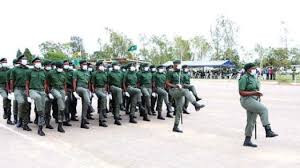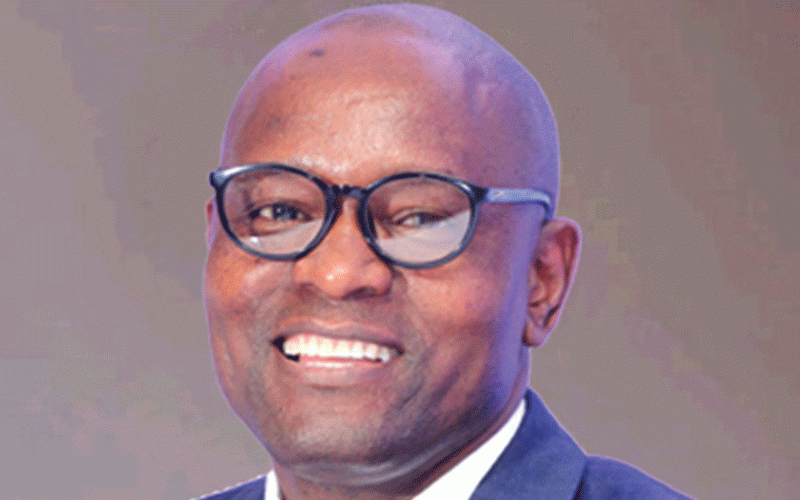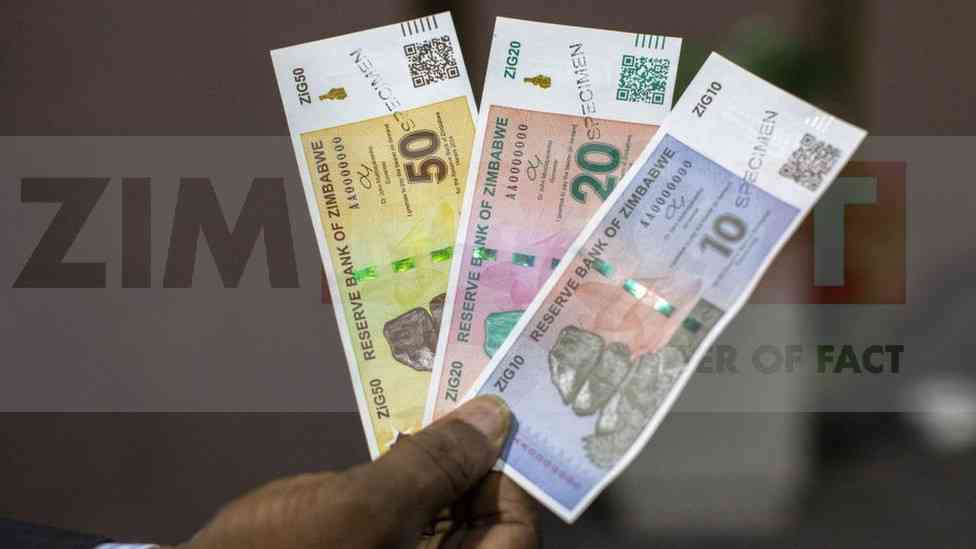ZIMBABWE Prison and Correctional Service (ZPCS) officer Mbekezeli Dube* sits hunched over his desk in his discoloured uniform.
The once-vibrant green shade is now a pale shadow of its former self.
Dube pauses a bit and heaves a sigh.
“The second republic has made us earn US$35 a month,” Dube forces a smile as he speaks to NewsDay Weekender.
As the City of Harare bustles with the relentless energy of a new day along Mbuya Nehanda Street at the ZPCS headquarters, a pang of nostalgia that competes with mushikashika touts shoots through Dube’s head.
- Triangle retrenches as economy bites
- Caledonia in US$42 million capex drive for 2025
- Mukuru launches mobile wallet in Zim to bolster financial inclusion
- Economy heads for a bloodbath: Biti
- NBS completes Glaudina housing project ahead of schedule
“Civil servants are struggling, personally I no longer love myself,” the 36-year-old correctional service officer says.
There was a time, Dube reminisces, when a civil servant’s salary meant something.
Back then, his pay cheque could cover a comfortable life.
Now, every penny is stretched thin, a constant game of financial agilities and currency changes to keep their heads above water.
The frustration gnaws at Dube.
He was 24 years old when he joined ZPCS, a loyal correctional officer by then.
“I joined the ZPCS not because I wanted to, but I realised that a school dropout was making a significant living out of the US$540 that they earned.
“During the Government of National Unity [GNU], ordinary folks managed to build their own houses and buy their first cars.
“Government workers were earning around US$500 and retiring civil servants took not less than US$20 000 as lump sum money and minimum monthly pensions of around US$300.
“But now [Finance minister] Mthuli Ncube has reduced us to destitute. Gender-based violence will never stop when a father, who is a civil servant, gets US$190 monthly salary to pay fees, buy food and pay rent, among other expenses.
“On retirement after 40 years of service, they are given a US$300 lump sum pension contribution. Mthuli Ncube gives us his lunch money as pension. Every month, we are backdated with deductions,” the disgruntled Dube says.
The GNU was a coalition government formed by opposition MDC founding leader Morgan Tsvangirai and ruling Zanu PF party leader Robert Mugabe (both late) and a smaller MDC formation led by Welshman Ncube between February 2009 and July 2013.
The government yesterday said it can only pay what it can afford.
“The government can only give what it can afford as the GDP [gross domestic product] of this country tells us what we can pay the civil servant. The civil servants in this country are [in the] middle income [bracket], I know the salaries and wages of the civil servants,” Public Service, Labour and Social Welfare minister July Moyo told NewsDay Weekender.
“The civil servants are at the higher level as compared to the private sector and earn more than those in the private sector.
“There is a national joint negotiating council which negotiates for many things apart from salaries. They have a timetable on how they negotiate. Just like the turnover of any company can tell you what they can afford to pay workers.”
But former Finance minister in the GNU Tendai Biti said he feels pity for the civil servants under the current regime.
He said Finance secretary George Guvamatanga was to blame for the workers’ plight.
“I am sorry to say this, civil servants may wish to go back to US$540 salaries, but with President Emmerson Mnangagwa’s government, it is impossible. A mosquito will never kill malaria, never,” Biti said.
Dube’s predicament is not different from other civil servants from different fields.
Zimbabwe National Army (ZNA) general duty soldier Mengezi Dliwayo* says this is not what they signed up for when they joined the organisation.
He says public service used to be about making a difference and not this joke of the government.
The constant feeling of being underpaid and undervalued litters his mind as he narrates his predicament.
“Awa ndiwo ma funnies [These are jokes]. I get paid ZiG$1 300 and US$190 as monthly salary. I have to pay rent and other bills.
“This is why we have many ex-soldiers who quit and join armed robbers. The biggest problem is we cannot speak out, especially the uniformed forces like police, ZPCS and army. I honestly miss that US$540 salary which we used to get,” Dliwayo tells NewsDay Weekender.
In an interview, ZNA spokesperson Colonel Alphios Makotore did not disclose how many officers have left the organisation since 2018 before reaching 20 years of service.
Makotore was, however, quick to cite section 17 (1) (2) of the Defence Act [Chapter 11:02] which reads: “(1) An officer may, in writing, tender the resignation of his commission to the Commander, but shall not, unless otherwise ordered by the minister, be relieved of the duties of his appointment until he has received notification in writing that his resignation has been accepted by the President. (2) An officer who resigns his commission in terms of subsection (1) and resigns from his employment in the Defence Forces in terms of any regulations shall not be exempt from any service in the Reserve Force to which he may be liable under this Act”
Last month, ZNA commander Lieutenant General Anselem Sanyatwe presided over the pass out of 1 196 military recruits at Recruits Training Depot in Bulawayo.
The recruits composed of 893 males and 303 females.
In that same month, Mnangagwa presided over the pass out of 753 ZPCS recruits, who graduated after having undergone a six-month training programme in Ntabazinduna.
Even teachers also long for the days of the GNU.
Sithokozile Tshuma*, a secondary teacher in Warren Park, Harare, also yearns for pre-2018 civil servants’ salaries, not just for herself, but for all government workers.
She even wishes the political crisis in Zimbabwe could get better.
Opposition politician Nelson Chamisa told NewsDay Weekender that the political crisis in Zimbabwe was the major cause of economic challenges facing civil servants and all other citizens.
“The broken politics in this country breaks everything and the broken economy is a product of broken politics,” he said.
Chamisa said Zimbabwe should find common ground to settle political disputes, a development that will improve the state of the economy.
“It does not help to run away from the choice of the people, a political settlement is needed. Look at what happened in South Africa, they respected the choices of the voters who expressed the need for leaders
to join hands and work together,” he said.
“Mugabe wanted to hit 100 years, but he failed. Mnangagwa might want to die in power, but the power of God can deny him that. There is hope in Zimbabwe and that I can tell.”













